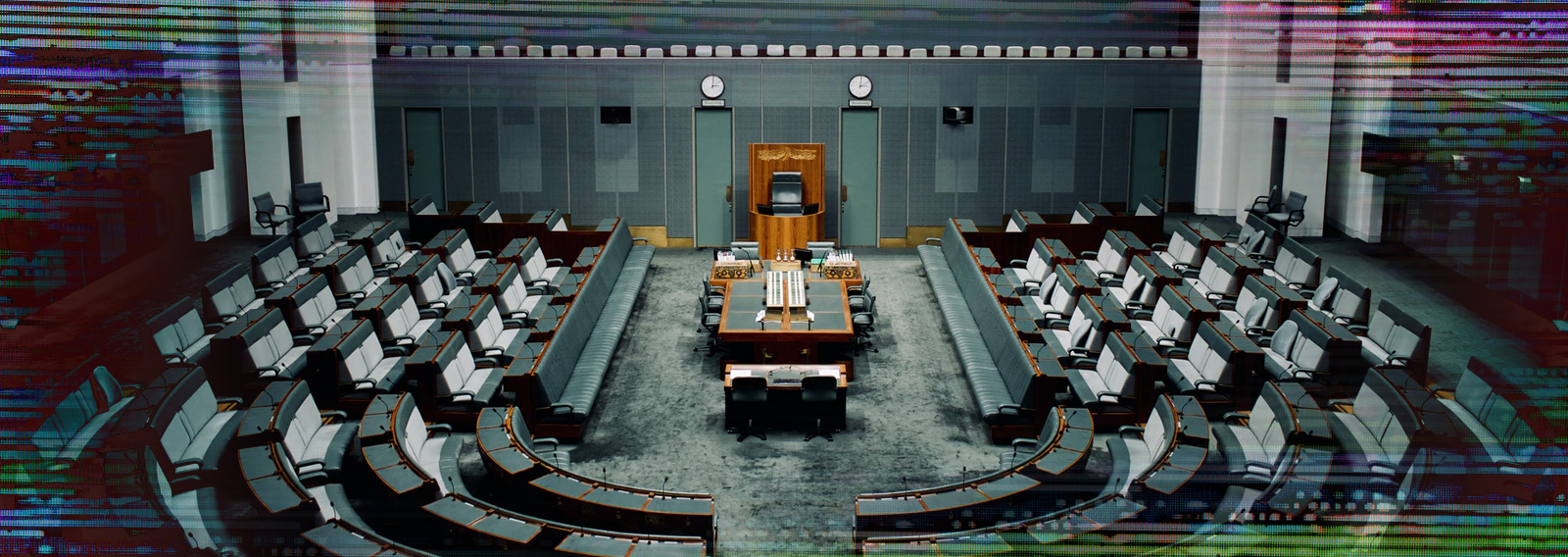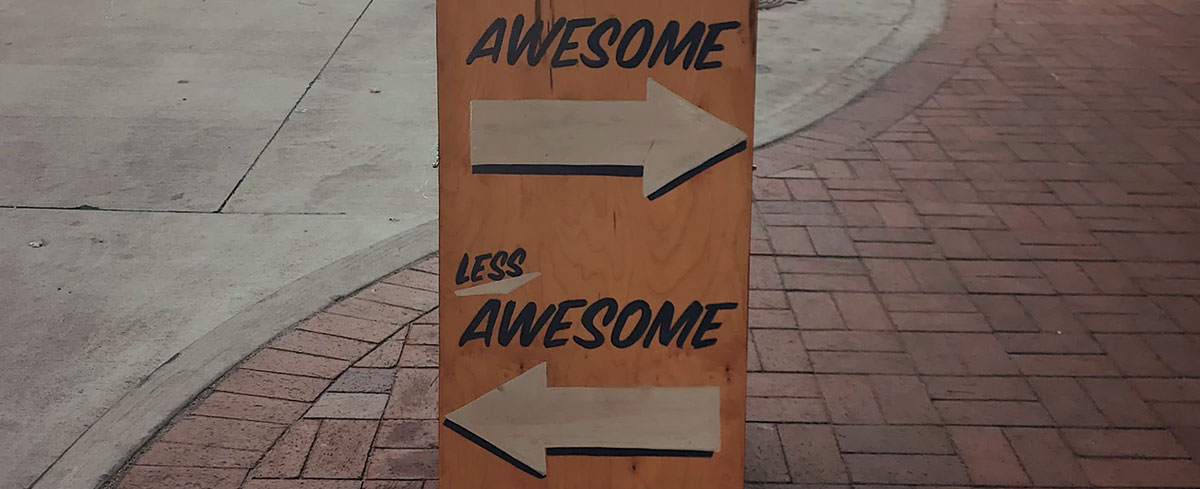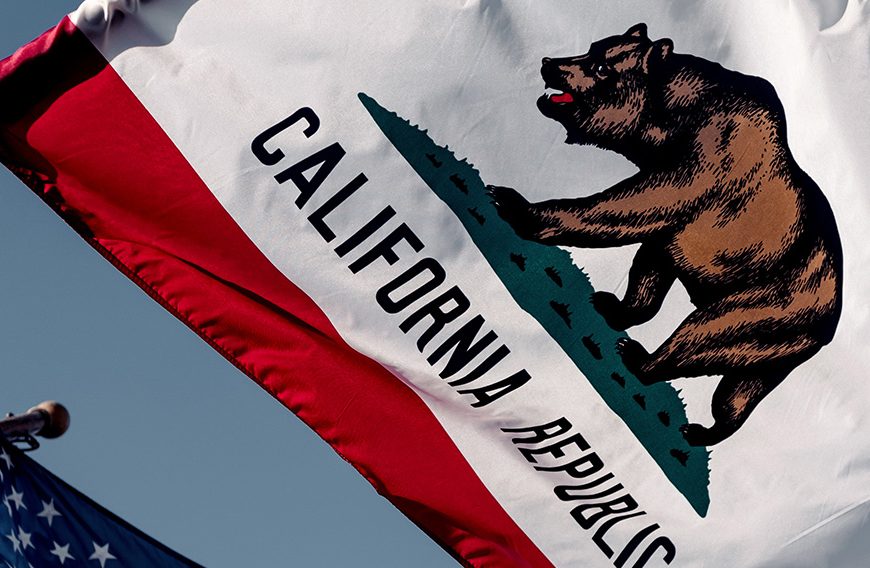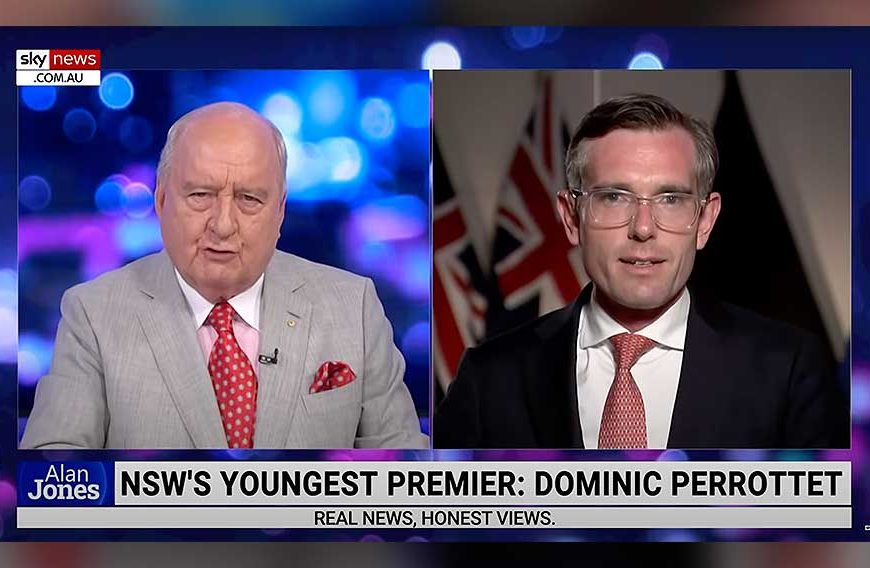Former Australian Labor Prime Minister, Kevin Rudd is, as usual, talking about things he knows very little about, but being vague enough to make it difficult to catch him out.
In his latest article for the Guardian, he implies in the first paragraph that the Federation fathers debated on whether to give organised religion some role in government.
This is utter nonsense, and anyone remotely acquainted with the debates knows it.
What Australia’s Federation fathers debated was whether God should be mentioned in the Preamble. They first voted “No”, but then this was overturned once it became obvious that recognising God in the Preamble meant a great deal to Australians.
The question of whether institutional religion would have some executive role was never an issue up for debate.
Although the word ‘secular’ is mentioned a few times in the debates, which filled thousands of pages, it was never clearly defined; nor does the word appear a single time in our Constitution – or the American Constitution, for that matter.
In the debates, the word ‘secular’ was used by Edmund Barton, and he seemed to mean the mere absence of a coercive or legally embedded state church along the lines that characterised Christendom Europe historically.
Barton’s speech wasn’t particularly helpful because no one in the Federation debates had even advocated for such a state church to begin with.
The reason Section 116, which ensures federal protection of religious freedom or belief, was introduced, was because a minority in the constitutional conventions feared that the reference to God in the Preamble might be used to do what American courts were doing at the time: declaring the country to be constitutionally Christian, and then using that to enforce Sabbatarian restrictions on trade.
Many Federation delegates felt s.116 was totally unnecessary, but it was included mainly to assuage the concerns of Federation Conference delegate, Australian judge, Henry Bournes Higgins (1851-1929), and some Australians who fear for their religious liberty. The Ironic thing is, as Kevin Rudd calls for some new general practice whereby politicians or PMs outline their religious convictions and how they impact their policy, he’s heading in the direction of imposing a religious test on MPs – a contravention of s.116 of the Constitution, and actually encouraging more of a mixture of religion with politics.
For let’s say there’s a religious MP or PM who wants to keep their religion strictly private, apparently, they should publish some manifesto on exactly how their deepest beliefs will affect their policies.
Besides, the way Rudd backflipped on climate policy, which he demoted from being the “greatest moral challenge of the age” to a wholly expendable issue, once it became a political liability, nicely shows how even the sincerest expression of convictions is no good predictor of policy.
Indeed, the former Prime Minister’s whole career and relationship with his staff and colleagues proved that.
As I recently discussed with John Anderson in a two–part interview, from the colonial period until well into the second half of the twentieth century, religion and politics mixed all the time.
The only way to separate religion and politics in a country with millions of religionists, and many who wish to go into politics or political lobbying, is basically by removing the civil rights of religious people, and removing any possibility that they can have any influence in politics at all.
In other words, to turn Australia into a secularist totalitarian country: that’s how you separate religion and politics.
Dr Stephen Chavura lectures in history at Campion College, Sydney. He is the author and co-author of three books on European and Australian history and is an occasional contributor to The Australian.


















